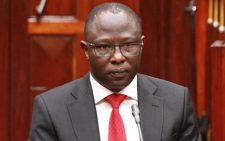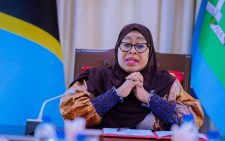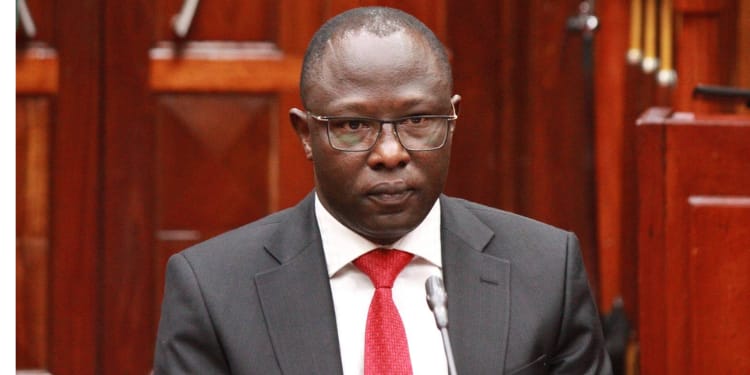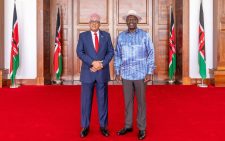Policy gaps choke solar businesses
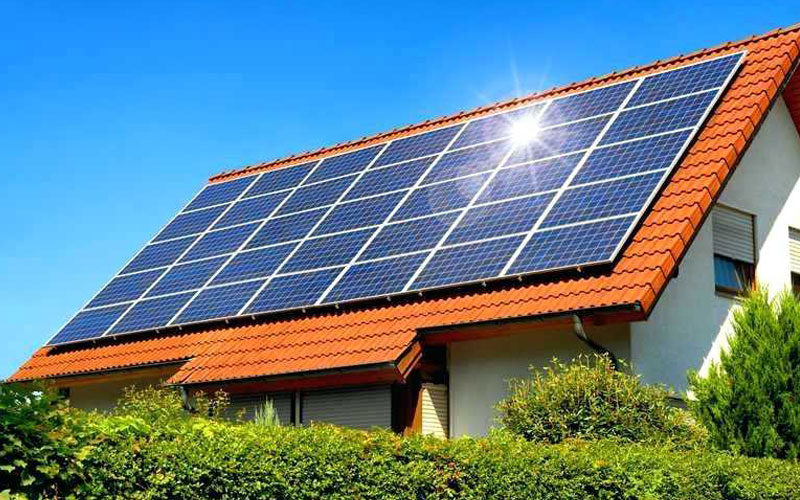
Investors in the solar energy business have decried numerous challenges in a sector that is critical in the realisation of the Big Four agenda.
Challenges they face include government bureaucracy, taxation, heavy initial capital investment, unfair business practices, suspicious consumer, seed financing and unfriendly regulatory framework.
Industry players say they have to deal with unpredictable licensing processes by Energy and Petroleum Authority(Epra), which although should take a maximum of 90 days, sometimes take up to a year.
According to the players, the government has standardised tariffs, making off-grid solar just as expensive as on-grid power. This in turn has pushed the charges out of reach of many rural dwellers.
Adaptive tariffs
Stephen Nakholi, the operations manager at Kudura Power East Africa, which is implementing a Sh300 million project in Busia, says it’s frustrating working in such an environment where the regulator allows you to construct off grid sites, get customers, wire them up, but you are not sure when you will get the operating licence after a huge initial capital investment.
More frustrations come when investors work with low pricing in mind given that they target lower income earners, but the Epra issues standardised prices to charge customers, which in this case is similar to ones charged by on-grid companies such as Kenya Power, that includes 16 per cent VAT and other statutory charges.
“The regulator allowed us to erect additional sites after giving approval for the initial application while we were piloting at one site.
We have put poles and signed agreements with customers but have been waiting for an operating licence for nearly a year.
This unpredictability is not good for investors, customers and lenders. Our customers are now suspicious and losing trust, it’s delaying return on investment and unsettles our lenders and partners,” said Nakholi.
Kudura plans to construct 50 sites for off-grid power by 2020 lighting up homes and institutions and powering irrigation and water pumps, and despite a memorandum of understanding with the County Government of Busia to work in designated areas, Kenya Power is now keen on connecting the same areas, which it had previously neglected.
The company targets 2,100 households and 300 small businesses in the county.
Mwalimu Dick Onyango, who had expected to benefit from the scheme, is disappointed that such a huge investment is being kept on a wait-and-see mode by the authorities yet it was going to be a game changer in the villages targeted.
Targeted households
“It’s been frustrating especially with the long blackouts by Kenya Power in the area and we are really looking up to this alternative source of power,” said Onyango.
A market survey commissioned by Epra last year pocked holes in policy and regulations.
Epra said the policies, although riddled with gaps, were only good on paper and had not been enforced.
Poor enforcement of standards and regulations coupled with a confusing tariff regime, according to Epra, made it difficult for solar businesses to thrive.
The survey shows that there is a huge demand for solar systems, both off-grid and stand alone devices for home and industrial use.
